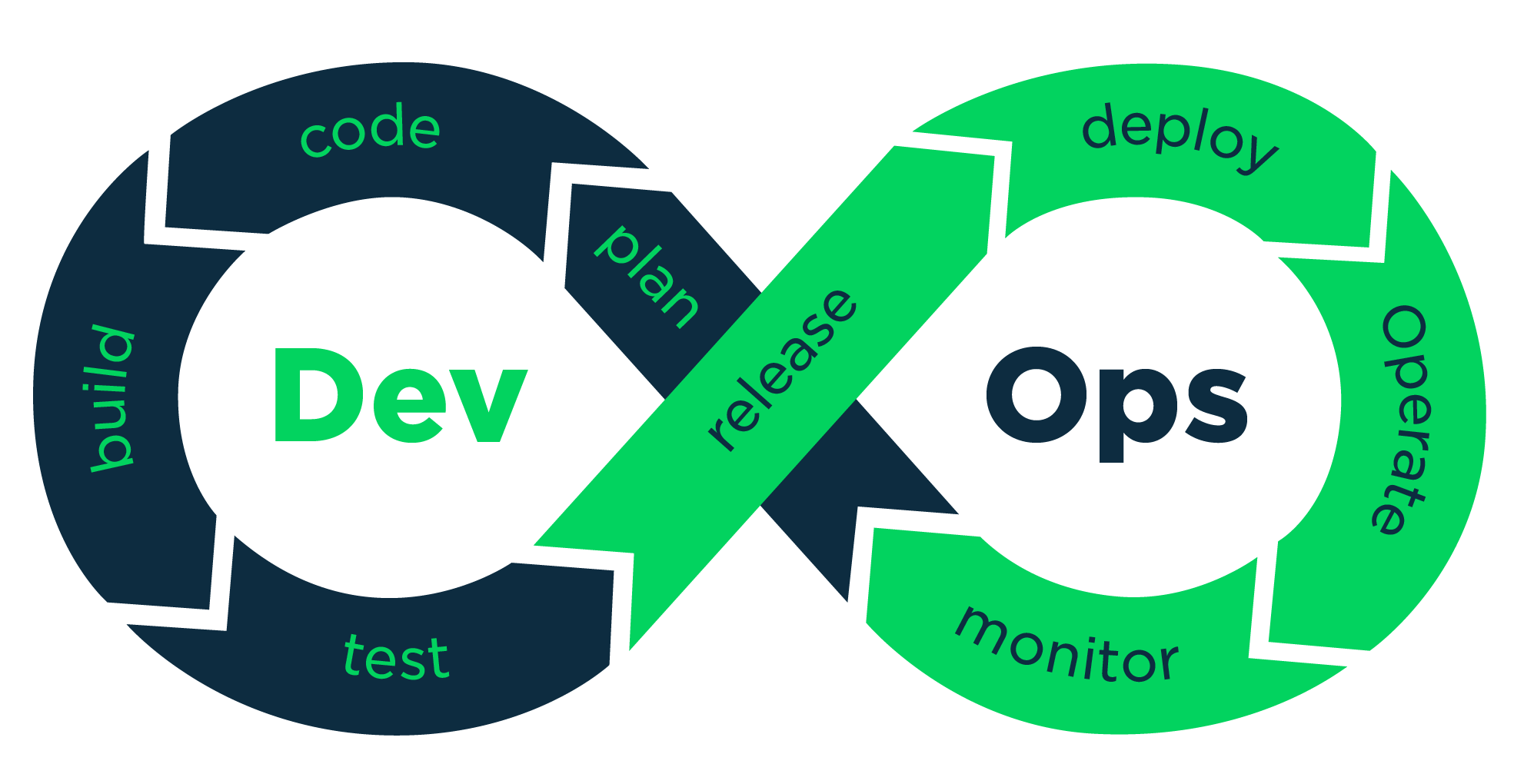#Day 1- Introduction to DevOps
 Shefali Mishra
Shefali Mishra
What is DevOps?

DevOps is a culture that allows the development and the operations team to work together. This results in continuous development, testing, integration, deployment, and monitoring of the software throughout the lifecycle.It combines development and operations to increase the efficiency, speed, and security of software development and delivery compared to traditional processes.
Devops matters alot in IT Industry as:-
DevOps assist associations with conveying great programming quicker and all the more productively while cultivating joint effort and correspondence among groups. This can prompt a superior client experience, more noteworthy consumer loyalty, and a more serious business advantage.
What is Automation, Scaling, and Infrastructure?
Automation:-
Automation mean to speed up the monotonous, manual assignment. DevOps Specialists use content and automation apparatuses to computerize manual and monotonous errand. for eg Dishwasher as Automation device which mechanizes the undertaking of washing dishes with the hand, making dish washing a speedy errand.
Scaling :-
Consider scaling the capacity to acclimate to evolving conditions. It resembles a show where the quantity of seats can supernaturally increment or lessening in light of the interest. In the realm of DevOps, scaling guarantees your application can deal with a little party or an enormous live performance easily. It's about adaptability and being geared up for whatever might happen.
Benefits of Scaling -*example:* Just as escalators in malls can transport a large number of people quickly during sales or events, scaling in DevOps ensures that applications can handle more users without slowing down systems and servers.
Infrastructure:-
It is a concept that revolves around the idea of managing infrastructure with the help of code. This is done with the help of certain tools or programs which can help to carry out the tasks automatically.
By automating infrastructure provisioning, version controlling configurations, and ensuring consistency , IAC empowers organizations to achieve faster, more reliable software releases.
What is the importance of devOps?
1. Shorter development cycles that encourage innovation
The fact that both departments (development and operations) come together is an advantage when it comes to releasing new apps, products it is generally known that the more innovative companies are, the higher their chances of outrunning the competition. Which is essential to increase significantly competitiveness.
2. More collaboration, better communication
The DevOps culture is based on achieving the best performance in such a union, instead of worrying about individual objectives. As a result of both departments being fused, the process becomes more fluid since everyone is oriented towards a common goal.
To ensure that DevOps team reaches its best performance, it is necessary to create a transparency culture in which responsibilities are shared and immediate feedback is guaranteed.
3. Reduced deployment failures and faster time to recover
Most failures during development occur due to programming defects. Having a DevOps team will allow for more releases in shorter time spawns. This way, it is easier and more likely to find possible defects in the code. For this same reason, and in case any problem must be solved, recovery will be quicker thanks to the knowledge
and participation of all members during the development process.
4. Efficiency: Improved resource management
Increased efficiency helps speed up development and reduce coding defects and problems.
Benefit of DevOps :-
Faster, better product delivery
Faster issue resolution and reduced complexity
Greater scalability and availability
More stable operating environments
Better resource utilization
Greater automation
Greater visibility into system outcomes
Greater innovation
Subscribe to my newsletter
Read articles from Shefali Mishra directly inside your inbox. Subscribe to the newsletter, and don't miss out.
Written by
